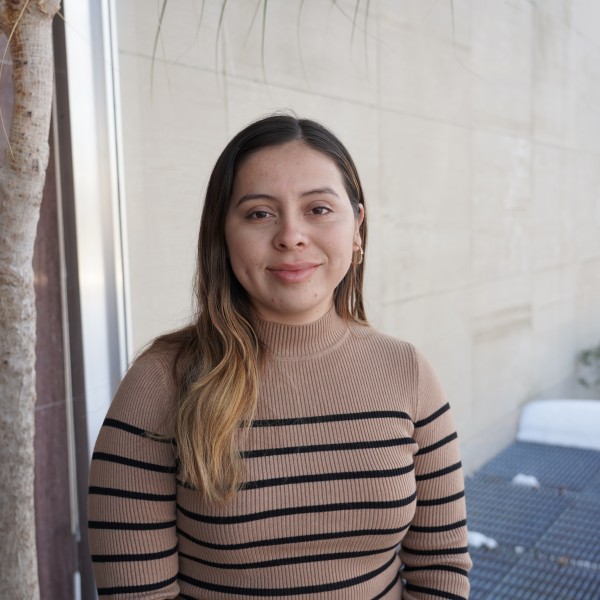Brian Lanphere has been hired as supervisor of Musgrave Research Farm in Aurora, NY. The farm, operated by the Cornell University Agricultural Experiment Station (Cornell AES), is 450 acres and hosts research trials and educational programming for growers on crops like corn, soybeans, small grains and livestock forage crops.
“Brian comes to us with a myriad of experience, most notably with precision ag technology, and that is something we need at the farm – he’ll be a great resource to our other research farm managers in this capacity, as well,” said Shawn Bossard ’89, director of agricultural operations for Cornell AES. “Brian also brings enthusiasm and a customer-service mentality.”
Lanphere attended Alfred State College and majored in heavy equipment operation. His first job out of college was at the Cornell University Ruminant Center in Harford, NY, a 2,600-acre farm with dairy cows, beef cattle and sheep. After five years, Lanphere moved to Dairy One, a not-for-profit cooperative governed by dairy farmers throughout the Northeast and Mid-Atlantic regions. Lanphere was part of the precision agronomy team, which involved traveling to farms across the region to aid farmers with soil sampling and installation, troubleshooting and repair of many types of farm machinery.
Lanphere is taking the reins of Musgrave research farm after the retirement of long-time supervisor Paul Stachowski in February.
“I wanted to be back on a farm all the time, and I’ve always wanted to work for Cornell again,” Lanphere said. “It’s a really welcoming environment, and being part of the research that happens here is just a great feeling. Stuff that has happened here has changed the industry and changed people’s lives, and more will come.”
Musgrave research farm hosts roughly 14 research programs at a time, though each program might have between one and a dozen separate experiments going, Stachowski said. Leading the research farm requires supervising staff, maintaining equipment, facilities, soil conditions and other farm-related tasks, as well as coordinating with faculty and researchers to place experiments in appropriate locations that will meet research needs and not interfere with other projects. For example, one project might introduce a pest or disease, or spray certain pesticides or herbicides that could jeopardize results of another project, if not sited appropriately. Bossard and prior farm managers describe the role as being similar to juggling or building puzzles.
Lanphere said he wants to maintain the welcoming, helpful atmosphere that exists at Musgrave, and his goals for the future include bringing in more technology and upgrading facilities to put the farm more in line with most commercial farms in New York state.
“I’m very happy to be back on the farm full-time,” Lanphere said. “Watching the crops grow throughout the season, from tilling up the soil to harvesting the crops, is just really rewarding.”
Krisy Gashler is a freelance writer for the Cornell University Agricultural Experiment Station.





